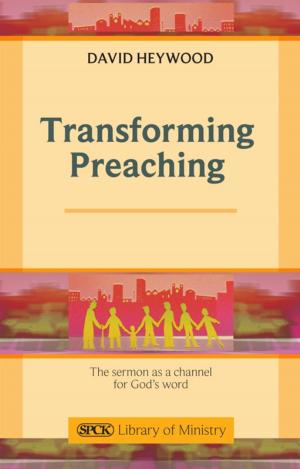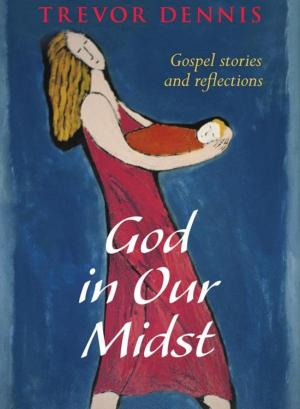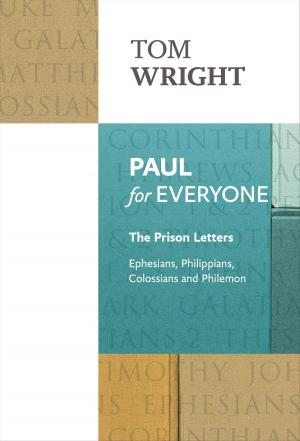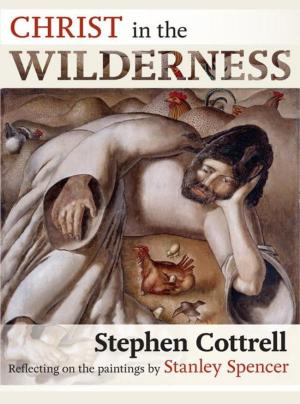Brand New Church
The Church and the postmodern condition
Nonfiction, Religion & Spirituality, Christianity, Missions & Missionary Work, Bible & Bible Studies, Commentaries| Author: | Graeme Fancourt | ISBN: | 9780281067985 |
| Publisher: | SPCK | Publication: | May 16, 2013 |
| Imprint: | SPCK | Language: | English |
| Author: | Graeme Fancourt |
| ISBN: | 9780281067985 |
| Publisher: | SPCK |
| Publication: | May 16, 2013 |
| Imprint: | SPCK |
| Language: | English |
Brand New Church? aims to make sense of what 'postmodern' actually looks and feels like in real life, and to ask what this means for the church. Over the past few years, Graeme Fancourt has travelled around the UK and USA consulting with a wide range of church leaders, including Sue Wallace, who founded Visions and Transcendence, Jonny Baker, a member of Grace, and Roy Searle of the Northumbria Community. He writes: "The church that I have encountered is thoughtful, active and confident in the gospel . . . Though holding many different views, these leaders all appear to take seriously the need for the church genuinely to engage (positively or negatively) with what it perceives to be the postmodern condition." The author reveals and explores the diversity of thinking found in local churches, in colleges and universities, and expressed in works of contemporary theology: the approaches of a range of writers, such as D. A. Carson, Peter Rollins, Pete Ward, Tom Wright and Stanley Hauerwas are examined to stimulating effect. The result is a thoroughly vibrant read, which offers a broad understanding of how - in these postmodern times - the church might engage fruitfully in dialogue and mission for the sake of all God's people.
Brand New Church? aims to make sense of what 'postmodern' actually looks and feels like in real life, and to ask what this means for the church. Over the past few years, Graeme Fancourt has travelled around the UK and USA consulting with a wide range of church leaders, including Sue Wallace, who founded Visions and Transcendence, Jonny Baker, a member of Grace, and Roy Searle of the Northumbria Community. He writes: "The church that I have encountered is thoughtful, active and confident in the gospel . . . Though holding many different views, these leaders all appear to take seriously the need for the church genuinely to engage (positively or negatively) with what it perceives to be the postmodern condition." The author reveals and explores the diversity of thinking found in local churches, in colleges and universities, and expressed in works of contemporary theology: the approaches of a range of writers, such as D. A. Carson, Peter Rollins, Pete Ward, Tom Wright and Stanley Hauerwas are examined to stimulating effect. The result is a thoroughly vibrant read, which offers a broad understanding of how - in these postmodern times - the church might engage fruitfully in dialogue and mission for the sake of all God's people.















